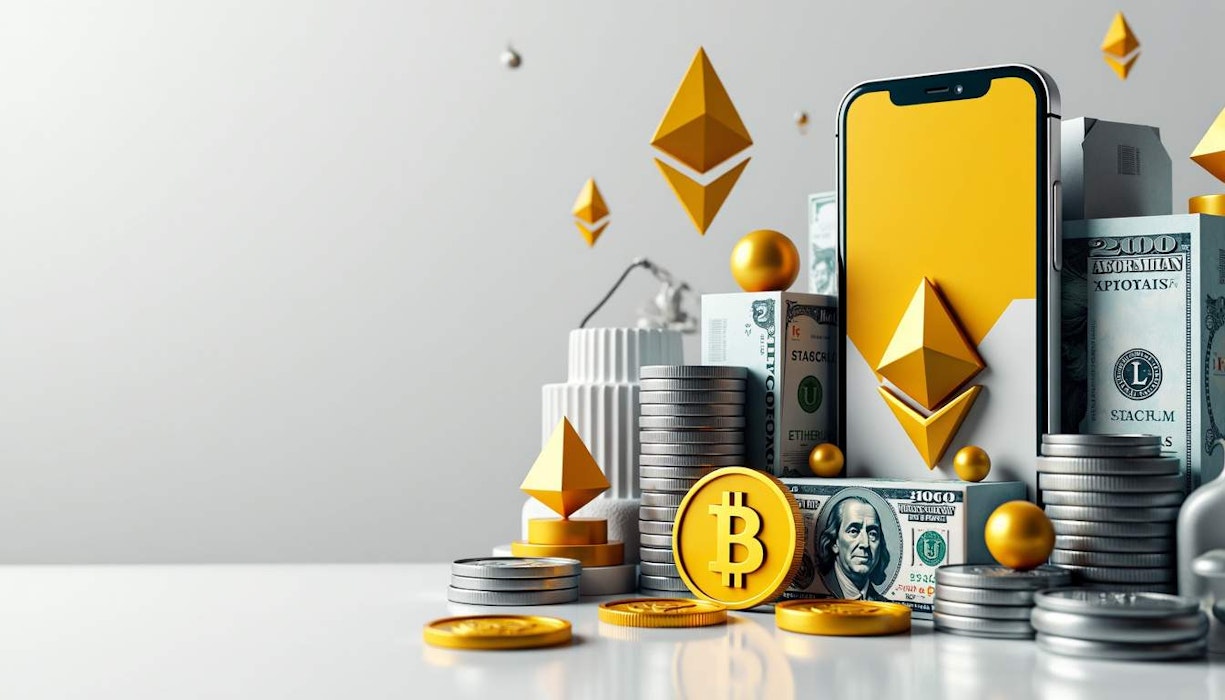I’ve been diving deep into the crypto space lately, and one thing that keeps popping up is how complicated Ethereum is compared to Bitcoin. I mean, Bitcoin is easy to get. It’s digital gold. But Ethereum? That’s a whole different beast.
Why Is Ethereum So Confusing?
So here’s the deal: Bitcoin's narrative is crystal clear. It's a simple, scarce asset that serves as an alternative monetary system. But Ethereum? It’s like a Swiss Army knife of blockchain technology. It supports decentralized applications (dApps), smart contracts, you name it. This versatility makes it harder for some folks to wrap their heads around.
Even Robert Mitchnick from BlackRock said it best: “somewhat more complex for many investors to grasp.” And he’s right! The value of Ethereum isn’t just about holding some coins; it's about participating in an ecosystem that's constantly evolving.
How Are People Learning About Crypto?
With so many potential investors hesitant to jump in, crypto exchanges are stepping up their game when it comes to education. Here are a few methods they’re using:
First off, there are these "learn and earn" programs on platforms like Coinbase and Binance. You watch some videos about a particular cryptocurrency (often one that’s not too mainstream yet) and then answer quizzes to earn free tokens. It’s actually a pretty effective way to learn while getting rewarded at the same time.
Then there are the educational resources being offered—think articles, videos, even workshops! Platforms are going all out to explain everything from basic blockchain concepts to specifics about Ethereum and its smart contracts.
And let’s not forget user experience! Many potential users don’t even know they’re crypto-curious because they find the interfaces so daunting. So exchanges are working on making things simpler and clearer.
Making Sense of Ethereum for New Investors
Honestly, I think if we want more people on board, we need to make Ethereum easier to digest. Here are some thoughts:
For starters, focus on the key applications that most people have heard of—like DeFi (Decentralized Finance), stablecoins, or NFTs (Non-Fungible Tokens). If you can explain how these things work using Ethereum without diving into technical jargon, you're halfway there!
Also, real-world utility needs emphasis over speculative use cases. Show people how companies use Ethereum for supply chain management or identity verification—it makes it relatable.
And let’s not forget about Layer 2 solutions! With all the talk about scaling issues and high gas fees on mainnet ETH, maybe we should be promoting those as well as the upcoming transition to ETH 2.0 as ways that will make using ETH easier in the future.
Final Thoughts
Ethereum might be complicated but its potential is massive—from driving innovation across industries to enabling new forms of economic interaction. If crypto exchanges can simplify their narratives and provide better educational resources? We might just see a wave of new investors ready to embrace this middle child of crypto!
